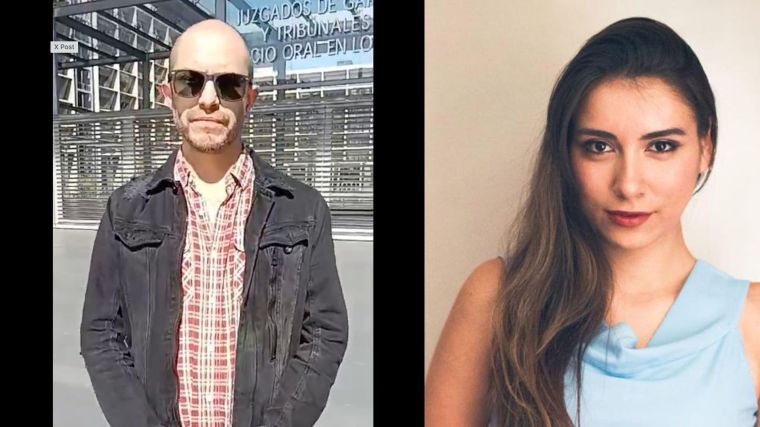México City, April 25, 2024—Chilean authorities must drop criminal charges against journalists Daniel Labbé and Josefa Barraza and ensure journalists can work without restrictions, the Committee to Protect Journalists said Thursday.
On Tuesday, Labbé, an independent journalist, was sentenced to a suspended prison term of 61 days on charges of public disorder, the journalist told CPJ by phone. Labbé was detained and physically attacked by police on January 29, 2021, while he was covering a protest in the capital Santiago, according to news reports. Labbé told CPJ that he was formally charged with public disorder upon his release the next day, after police claimed he attacked them.
“I was there as a journalist. The judge did not believe the evidence I brought: the pictures and videos of my coverage. He believed the testimony of those officers who lied and said they saw me throwing stones and attacking them,” Labbé said.
On Monday, April 22, Josefa Barraza, director of the independent news website El Ciudadano, faced the first hearing of a lawsuit filed against her in Santiago by former congresswoman Andrea Molina. Molina formally filed a legal complaint against Barraza that accused her of libel in her coverage of Molina’s new role in the municipality of La Reina.
Barraza told CPJ by phone that the court Tercer Juzgado de Garantía de Santiago (Third court of guarantees of Santiago) deemed itself incompetent because Molina’s lawyer had filed the case in the wrong court. The proceedings will continue in another court. Barraza said that the former legislator is seeking that she be jailed as punishment for her coverage. In Chile, defamation is a crime that carries a penalty of imprisonment for up to 1 to 3 years, according to the country’s criminal code.
CPJ sent a message to Andrea Molina on her Instagram account for comment but did not receive a reply.
“As Chile prepares to host this year’s World Press Freedom Day conference in Santiago, it’s alarming to see one journalist condemned for public disorder and another facing slander charges,” said Cristina Zahar, CPJ’s program coordinator for Latin America, in São Paulo. “We call on authorities to drop these charges and safeguard the essential freedom of journalists to fulfill their duties without fear or constraint.”
Labbé, a journalist with over 15 years of experience, has contributed to outlets such as El Ciudadano and Ciudad Invisible. When he was arrested on January 29, 2021, he was reporting for the independent media outlet Muros y Resistencia, covering a protest organized by the families of those detained during Chile’s 2019-2022 demonstrations, known as the social outburst (el estallido social).
The journalist told CPJ that he was livestreaming a clash between police and protesters when he was arrested while resting on the sidewalk. Labbé said he was wearing press insignia and informed authorities that he has a heart condition, which makes physical activity difficult, and he needed his medication, which he did not have with him.
With more than five years in the field, Barraza is an investigative journalist known for publishing exposés on police brutality and corruption on alternative media outlets such as CIPER.
According to Javier García, a spokesperson at the Chilean press freedom group, Observatory of the Right to Communication (ODC), Chile has a long history of criminalizing journalists.
“Defamation is a criminal offense that has remained unchanged since Chile’s Penal Code of 1884. We’re dealing with an outdated and obsolete regulation,” García told CPJ. “Not only are police officers targeting journalists, but we’re also witnessing a failure from judges to protect them.”
CPJ sent an email to the Chilean judiciary for comment but did not immediately receive a response.
In 2023, CPJ documented that at least two other Chilean journalists Felipe Soto and Victor Herrero were convicted in defamation cases.
Editor’s note: The date of this alert has been updated.
